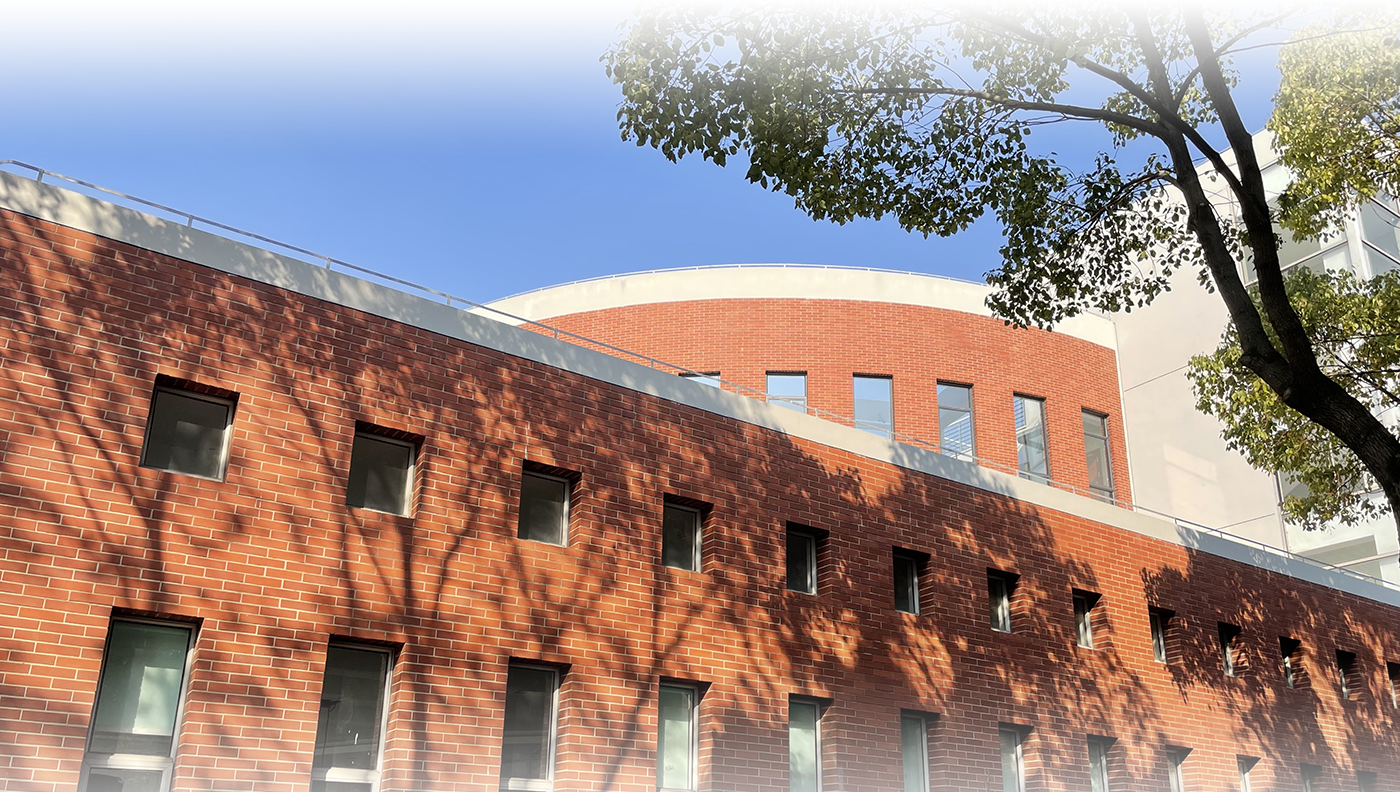Dongjing Kang (康东晶),美国俄亥俄大学传播学博士、内布拉斯加林肯分校传播学硕士、狄金森州立大学传播学学士、四川外国语大学英语专业文学学士。曾任教于美国佛罗里达海湾大学、科罗拉多大学-丹佛分校和俄亥俄大学。现任中华传播学研究学会(Association of Chinese Communication Studies)主席; Journal of International and Intercultural Communication, Management Communication Quarterly 等国际传播学高水平期刊编委;密歇根州立大学出版社 “全球化时代中美关系”丛书编辑。
研究领域包括:跨文化/国际传播、组织传播、传播与可持续发展。曾在《跨文化与国际传播》、《定性研究》、《中华传播学》、《联合国教科文组织文化遗产保护》等国际学术杂志期刊上发表过多篇论文。在联合国教科文组织(UNESCO)、国际传播协会(ICA)和美国传播协会(NCA) 等国际会议宣读论文50余篇。
• 2023.11 全美传播学协会(NCA)文化研究分会“最佳研究论文奖”
• 2023.05 国际传播学协会(ICA)组织传播学分会“最佳研究论文奖”
• 2021.11 全美传播学协会(NCA)跨文化与国际传播分会“最佳研究论文奖”
• 2021.11 全美传播学协会(NCA)传播与文化研究分会“最佳研究论文奖”
• 2020.11 中华传播学研究会“早期职业生涯教授奖”
• 2017.11 中华传播学研究会“最佳毕业论文”荣誉奖
• 2017.04 美国东伊利诺伊大学“全球文化多样性研究奖”
• 2012-2014 英莱特学者 (Enlight Fellow)
Kang, D. (2020). A genealogy of the yellow race: Exploring racial formation in U.S.-China intercultural communication education [黄种人谱系:探索中美跨文化交流教育中的种族概念形成]. In A. Atay & Y.W. Chen (Eds.), Postcolonial turn and geopolitical uncertainty: Transnational critical intercultural communication pedagogy. Lexington Books.
Kang, D., Simmons, N., & Chen, Y.-W. (2018). Experiencing nonverbal communication between cultures [体验文化间的非语言交流]. In R. Williams-Davis & A. Patterson-Masuka (Eds.), Intercultural communication for global engagement (3rd edition, pp. 86-107). Dubuque, IA: Kendall Hunt. Reprint.
Simmons, N., Chen, Y.-W., & Kang, D. (2015). Emotions in race talk in the post-Obama era: Unpacking a dialogic pedagogy of talking back [后奥巴马时代种族谈话中的情绪:解开一种对话式的回话式教学法]. In R. Williams- Davis & A. Patterson (Eds.), Communication for global engagement (Chapter 9). Dubuque, IA: Kendall/Hunt.
论文代表作品:
1. Puba, & *Kang, D. (2024). “The Lung Disease as an Evanescent Rainbow”: Indigenous Languages as Agency in Communicating COVID-19 in Multilingual Kham Tibetan Region in China [“肺炎如虹逝”:中国康藏区多样性本土语言在新冠预防信息传播中的能动性]. Sage Open, 14(4). https://doi.org/10.1177/21582440241289328 (*Corresponding Author, SSCI, Q2)
2. *Kang, D. & Mutua, E. & (2024). Constructing Transcultural Identities from Global Racial Justice Events: A Dialogue Engaging Zulu, Kiswahili, and Chinese Conceptions[构建超越文化身份:用祖鲁、斯瓦希里语和汉语概念对话全球种族事件]. Language & Intercultural Communication, 1–16. https://doi.org/10.1080/14708477.2024.2307598 (*Co-first author and Corresponding Author, SSCI, Q1)
3. *Kang, D., & Long, Z. (2023). Organizing as Tong (通): Decolonizing Organizational Communication from the Roots. [组织即“通”:从语言根本去殖民组织传播学]. Management Communication Quarterly, 38(3), 595-622. https://doi.org/10.1177/08933189231223424 (Co-first author and Corresponding Author, SSCI, Q2)
4. Kang, D. (2022). Taming the barbarian empress: Post-alteric imaginary of gender egalitarianism and pan-Chinese nationalism in the Legend of Xiao Chuo [电视剧《燕云台》全球平台传播中性别平等与泛中华民族意识的后他者想象]. Communication, Culture, and Critique, 3(15), 316-335. https://doi.org/10.1093/ccc/tcac004 (SSCI, Q1)
5. Kang, D., & Krone, K. J. (2022). Organizing dissonance on the Tibetan plateau: Insights from the wisdom of nonduality [青藏高原合作社组织新媒体谐震:来自不二之智的洞见]. Culture & Organization, 28(1), 25-45. https://doi.org/10.1080/14759551.2021.1963963 (SSCI, Q1)
6. Musiba, M. C., & Kang, D. (2018). Towards a community-based conservation and sustainable use of Tanzania’s Heritage [以社区为基础保护和可持续运用坦桑尼亚自然文化遗产]. World Heritage and Sustainable Development in Africa, 225-232, United Nations Educational, Scientific and Cultural Organization [联合国教科文组织]. http://unesdoc.unesco.org/images/0026/002612/261283m.pdf
2023.10 教育部人文社科项目:对话叙事视角下国际传播受众适应模式的评估与策略研究
JC6505 Qualitative Research Methods 定性研究方法
JC8610 Global Strategic Communication 全球战略传播
JC8610 Global Strategic Communication: Centering Science Communication (Global Virtual Classroom with Osaka University) 全球战略传播:科学传播理论与实践(交通国际课堂-与大阪大学共创课程)
JC8603 New Media Management: Documentary Production(Global Virtual Classroom with Osaka University) 新媒体管理:纪录片制作(交通国际课堂-与大阪大学共创课程)


